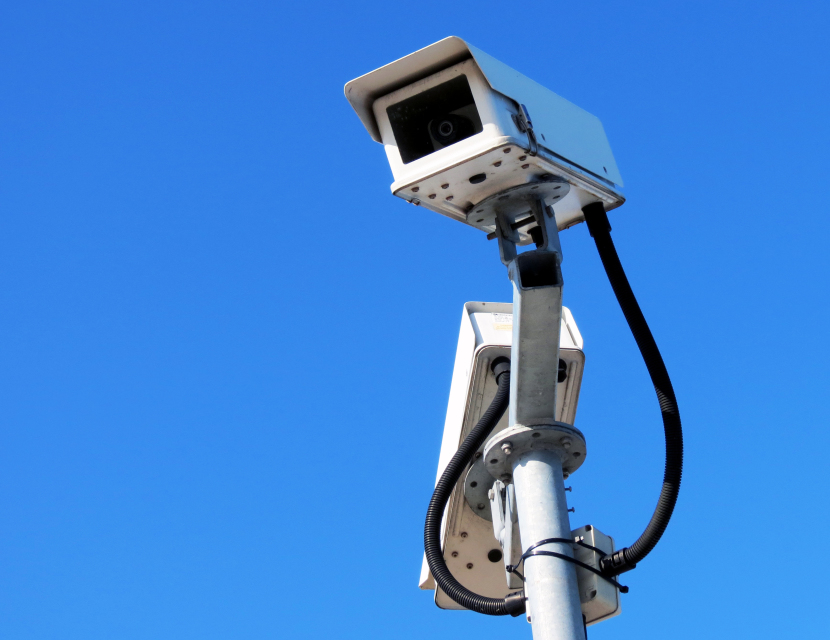The Marital/Spousal Privilege and Domestic Violence Prosecution
Baltimore Ravens running back Ray Rice made news in March when he was indicted for domestic violence/aggravated assault against his girlfriend, Janay Palmer, and married her a day later. Observers speculated that this was a legal maneuver to make the prosecution more difficult by allowing Ms. Palmer to invoke the marital privilege and refuse to testify against Mr. Rice.
If so,…






